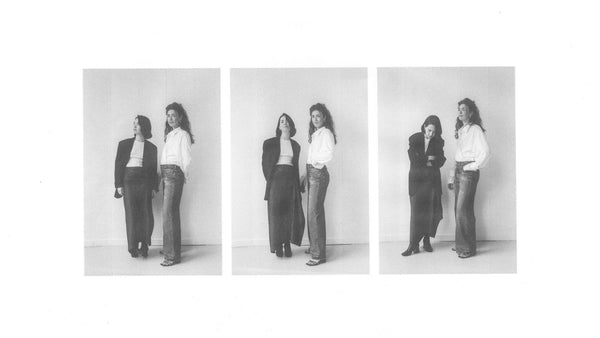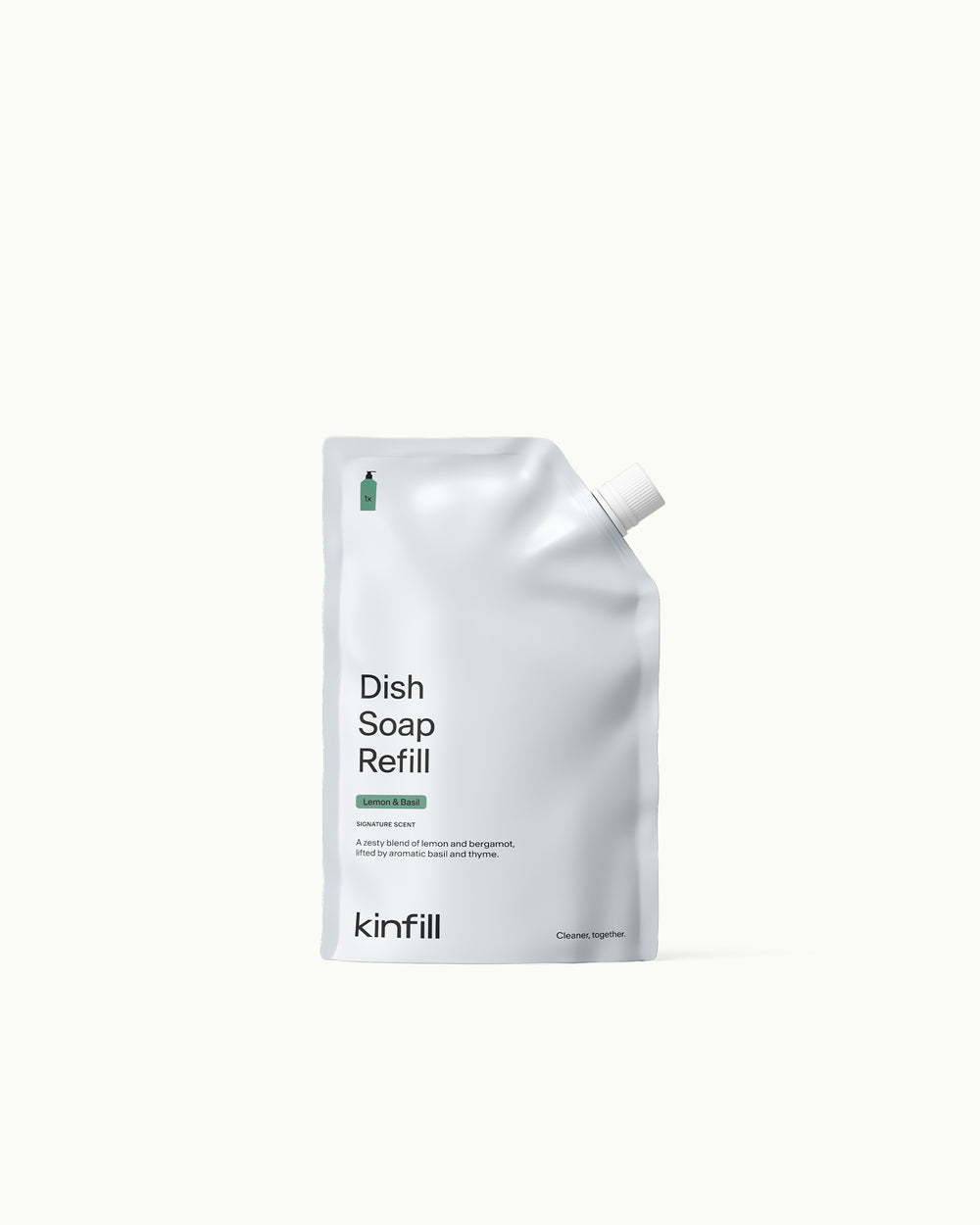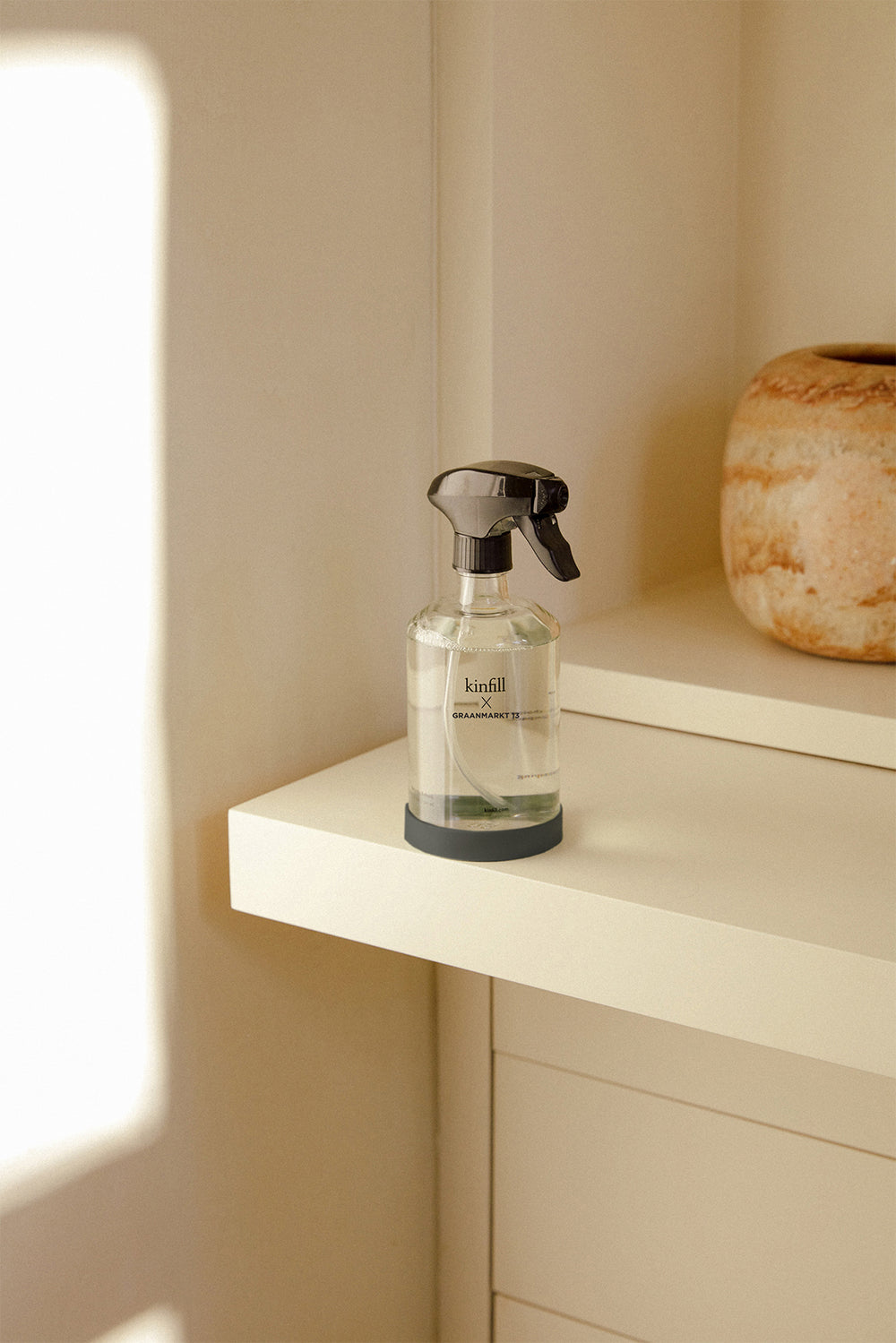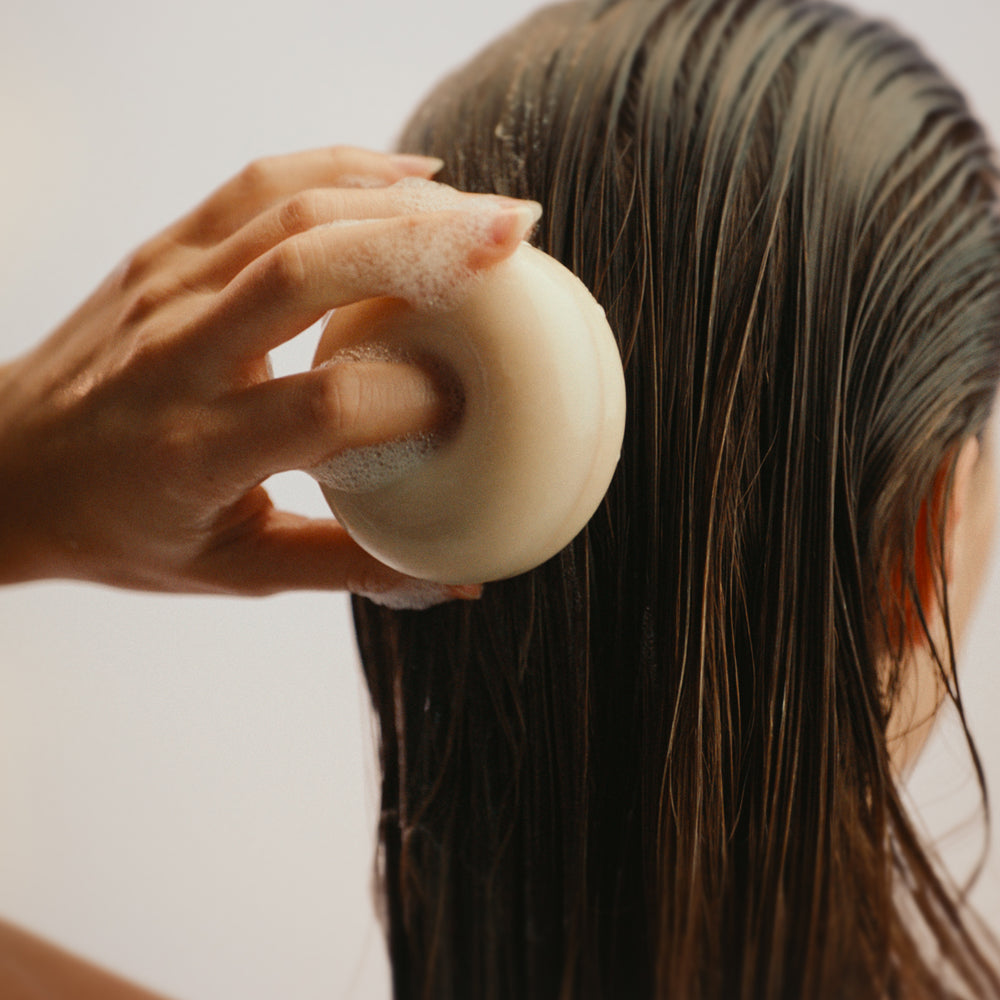
Microplastics
PLASTIC AFFAIRS — Plastic waste that enters our rivers and oceans breaks down over time into very small pieces, called microplastics.
“Five kilograms of synthetic clothing releases an average of nine million microfibers that are carried down the drain with the rinse of water.”
Microplastics differ in size, they can be the size of a pea but can also be so small that they are no longer visible to the naked eye. Nanoplastics are even that small that they are barely visible under most modern microscopes. Small doesn’t mean innocent, nanoplastics are a serious threat to our health and the health of the life around us.
Microplastics can be released through the wear of other plastic materials, such as fibers from synthetic fabrics or the abrasion of car tires. In some cases, manufacturers consciously add microplastics to personal care products or paints because they fulfil a specific function. These microplastics are rinsed away with wastewater during use. Polyethylene is found in various cosmetics such as eyeliners, mascara, lipsticks, powders and skincare products. To make sure a care product is truly free from all microplastics and nanoplastics you should keep an eye out for the ‘Look for the Zero’ logo, which is part of the international Beat the Microbead campaign.
It is difficult to imagine the number of microplastics with which we all pollute the environment. Machine washing and drying clothes is a major source of microplastic pollution which is difficult to control. Five kilograms of synthetic clothing releases an average of nine million microfibers that are carried down the drain with the rinse of water. Microfibre cloths are commonly used in our cleaning routines. While washing these cloths in your washing machine, tiny pieces break up travelling through the drain to eventually end up in the ocean. Start a planet-friendly cleaning routine by replacing your microfibre cloths with a plastic-free alternative. Our Cleaning Cloths, made from 100% linen, a strong and durable alternative to microfibre.
Source: Plastic Soup Foundation













